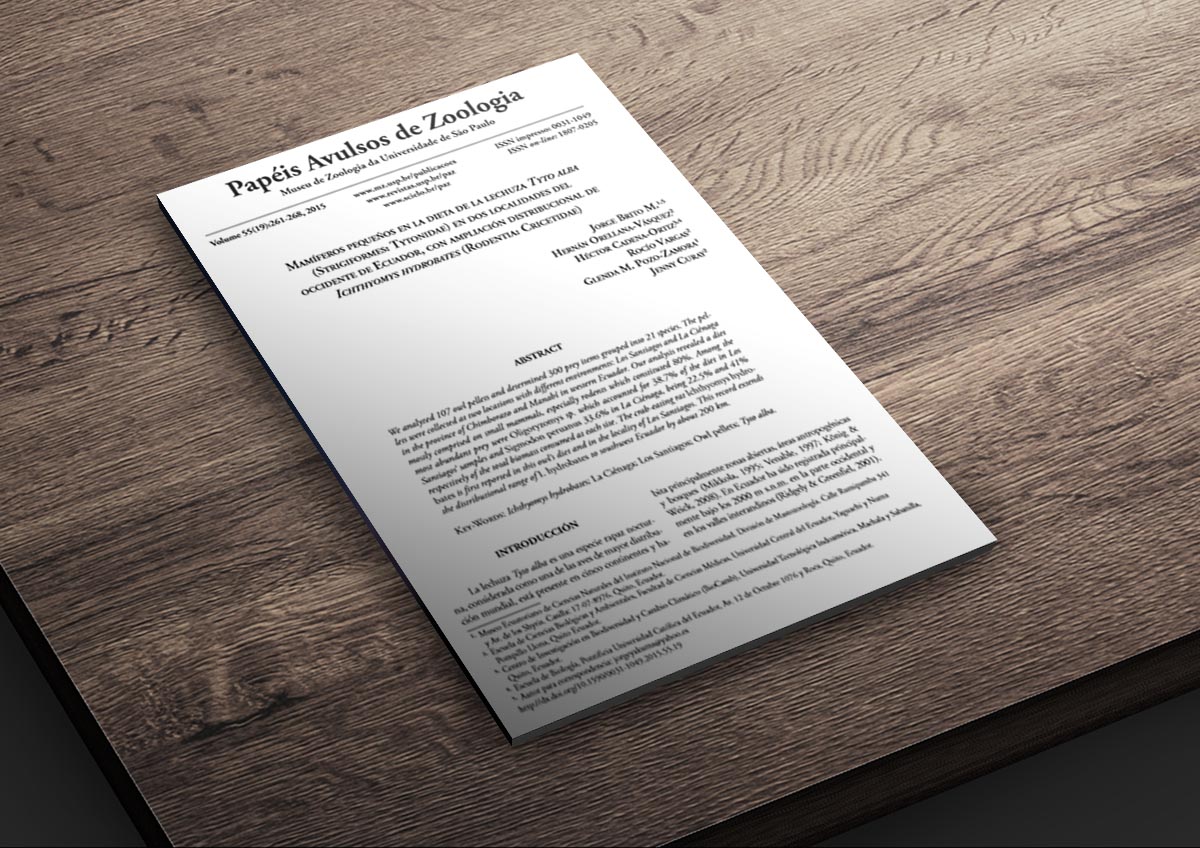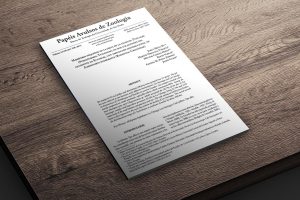The use of Anchored Hybrid Enrichment data to resolve higher-level phylogenetic relationships: A proof-of-concept applied to Asterales (Eudicotyledoneae; Angiosperms).
| Título: | The use of Anchored Hybrid Enrichment data to resolve higher-level phylogenetic relationships: A proof-of-concept applied to Asterales (Eudicotyledoneae; Angiosperms). |
| Identificador de recurso: | https://doi.org/10.1016/j.ympev.2023.107714 |
| Fecha: | 2023-04-01 |
| Autor: | Benítez-Villaseñor, Adriana; Granados Mendoza, Carolina; Wanke, Stefan; Peñafiel Cevallos, Marcia; Freire Efraín; Moriarty Lemmon, Emily; Lemmon, R. Alan; Magallón, Susana. |
| Otros colaboradores: | |
| Editorial: | Molecular Phylogenetics and Evolution |
| Derechos: | Acceso abierto |
| Descripción | Anchored Hybrid Enrichment (AHE) is a tool for capturing orthologous regions of the nuclear genome shared in low or single copy across lineages. Despite the increasing number of studies using this method, its usefulness to estimate relationships at deeper taxonomic levels in plants has not been fully explored. Here we present a proof of concept about the performance of nuclear loci obtained with AHE to infer phylogenetic relationships and explore the use of gene sampling schemes to estimate divergence times in Asterales. We recovered low-copy nuclear loci using the AHE method from herbarium material and silica-preserved samples. Maximum likelihood, Bayesian inference, and coalescence approaches were used to reconstruct phylogenomic relationships. Dating analyses were conducted under a multispecies coalescent approach by jointly inferring species tree and divergence times with random gene sampling schemes and multiple calibrations. We recovered 403 low-copy nuclear loci for 63 species representing nine out of eleven families of Asterales. Phylogenetic hypotheses were congruent among the applied methods and previously published results. Analyses with concatenated datasets were strongly supported, but coalescence-based analyses showed low support for the phylogenetic position of families Argophyllaceae and Alseuosmiaceae. Estimated family ages were congruent among gene sampling schemes, with the mean age for Asterales around 130 Myr. Our study documents the usefulness of AHE for resolving phylogenetic relationships at deep phylogenetic levels in Asterales. Observed phylogenetic inconsistencies were possibly due to the non-inclusion of families Phellinceae and Pentaphragmataceae. Random gene sampling schemes produced consistent age estimates with coalescence and species tree relaxed clock approaches. |
| Claves | |
| Relación | ISSN-e: 1095-9513 |
| Cobertura | EC |
| Idioma | es |
| Volumen | 181:107714 |
| Formato | |
| Tipo de recurso | texto |
| Fuente | https://doi.org/10.1016/j.ympev.2023.107714 |
| Nombre de archivo | https://doi.org/10.1016/j.ympev.2023.107714 |



